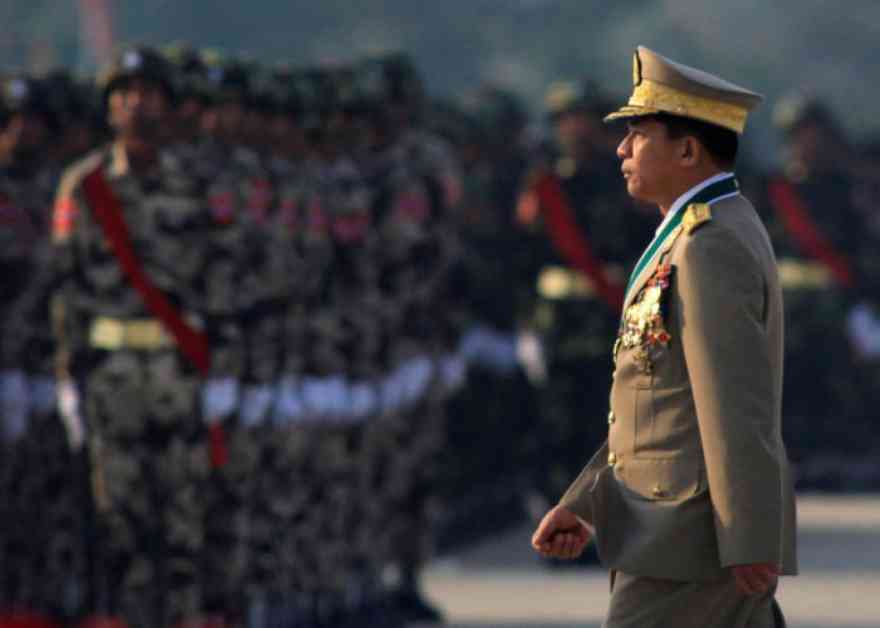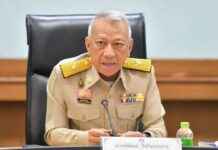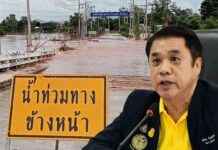Myanmar’s military has recently made a significant development in the ongoing civil war by urging rebel groups to cease fighting and participate in elections. This offer, though quickly rejected by the opposition forces, marks a shift in the military’s approach towards resolving the conflict that has plagued the country for the past three years.
Proposal for Peace Talks:
During a recent news broadcast, the military junta proposed that armed resistance groups lay down their weapons, form political parties, and participate in elections overseen by the military. This proposal comes after years of rebuffing calls from the international community to engage in dialogue with the opposition forces. The military’s offer echoes a similar proposal made by former military leader Than Shwe before the 2010 elections, signaling a potential move towards a semi-civilian government.
Rejection by Rebel Forces:
Despite the military’s offer, several commanders of the rebel forces and ethnic armies quickly rejected the proposal. This rejection came at a time when the opposition forces were making significant gains, close to capturing Mandalay, Myanmar’s second-largest city. The rebel forces currently control large areas along Myanmar’s borders and in mountainous regions, while the military retains control over major cities and lowlands in the central Irrawaddy Valley.
Challenges Faced by the Military:
The military in Myanmar faces significant challenges as it battles well-trained ethnic armies on the borderlands and the People’s Defence Forces, made up of civilians who took up arms after the coup. The military’s control over the country has been met with widespread opposition and resistance, making it difficult to maintain stability and order.
International Support and Influence:
Myanmar’s turmoil has not gone unnoticed by neighboring countries, particularly China, which is the country’s largest investor and shares a border with Myanmar. While China has expressed support for the junta, it has also engaged in talks with ethnic armed groups in northern Myanmar. China’s foreign minister, Wang Yi, has urged Myanmar’s army chief to pursue political reconciliation and hold elections, emphasizing the need for a peaceful resolution to the conflict.
Skepticism and Calls for Accountability:
Despite the military’s efforts to initiate peace talks, opposition leaders remain skeptical of the junta’s intentions. Padoh Saw Taw Nee, the spokesperson for the Karen National Union, called on the military to step away from politics, accept the drafting of a new constitution to establish a federal union, and be held accountable for all war crimes committed. Commander Soe Thu Ya Zaw of the Mandalay People’s Defence Forces expressed doubts about the military’s sincerity, likening their offer to “hanging a goat’s head but selling dog meat.”
Conclusion:
The military’s recent proposal for rebel groups to cease fighting and participate in elections represents a significant development in Myanmar’s civil war. Despite the rejection by opposition forces, this move signals a potential shift in the military’s approach towards resolving the conflict. As the country continues to grapple with internal strife and instability, the path towards peace and reconciliation remains uncertain.




















